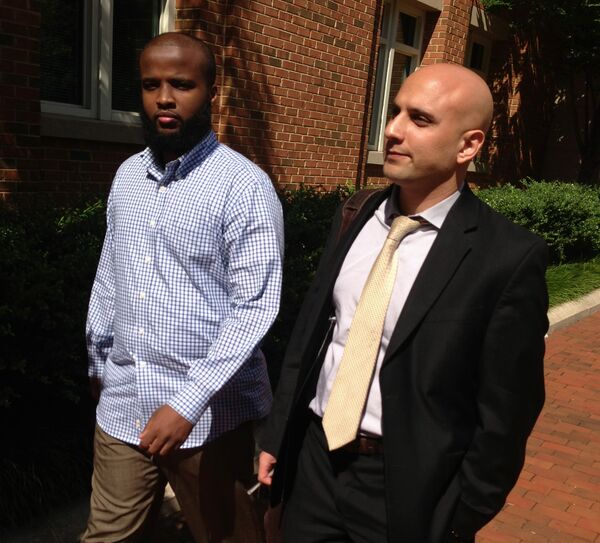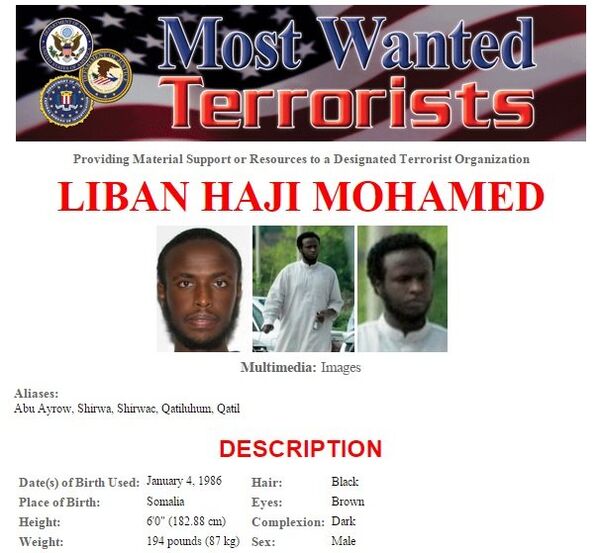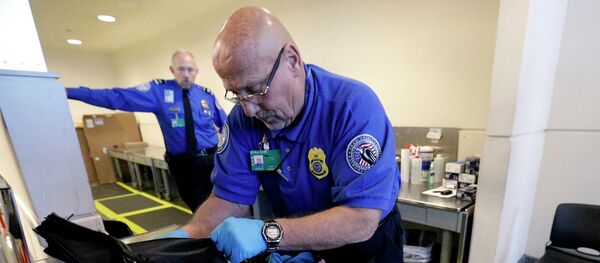As a 19-year-old, Alexandria, Virginia native Gulet Mohamed was detained at a Kuwait airport. He claims he was held in isolation and beaten as interrogators asked if he had any associations with terrorists in Yemen. He was held in limbo at a Kuwaiti detention center, unable to return home because his name had been placed on the infamous no-fly list.
Neither the FBI nor State Department would answer questions about American involvement in Mohamed’s detention, but Kuwaiti officials cleared him for release long before he allowed to return home.

Mohamed was allowed to fly home after filing a federal lawsuit over his placement on no-fly list. For the past four years, that litigation has crept forward, despite heavy opposition from the U.S. government, which has repeatedly tried to have the case thrown out.
Gadeir Abbas, a lawyer for Mohamed, believes the FBI’s latest attempt to subvert the case involves a decision, unveiled on Thursday, to place Mohamed’s older brother, Liban, on the list of most wanted terrorists.
That list features only 31 people, including Liban Mohamed, who the FBI alleges is a recruiter for Somalian terrorist group al-Shabab.
“We would question the timing of the FBI’s placement of Liban on the most-wanted list on the day before a major hearing on the government’s authority to maintain the no-fly list,” Abbas told the Associated Press.
The timing is especially questionable given that Liban’s arrest warrant was issued last February.

Liban Mohamed was instrumental in helping his younger brother during his troubles in Kuwait. It was Liban who flew from Virginia to advocate on Gulet’s behalf. The Mohamed family believes this has something to do with Liban’s placement on the terror list.
“Al-Shabab has killed Liban’s uncle and imprisoned his cousins,” Abbas said. “His family believes the allegations have no basis in fact.”
The FBI claims that the older Mohamed’s history as a taxi driver gives him a dangerously intimate knowledge of the nation’s capital, and are offering $50,000 for information leading to his arrest.
“It is important for us to locate Mohamed because he has knowledge of the Washington, D.C., area’s infrastructure such as shopping areas, Metro, airports, and government buildings,” said special agent in charge of the FBI’s Counterterrorism Division, Carl Ghattas. “This makes him an asset to his terrorist associates who might plot attacks on U.S. soil.”
Meanwhile, U.S. authorities have to admit that Gulet Mohamed was ever even on the no-fly list. On Friday, the government will again ask for the case to be dismissed.



